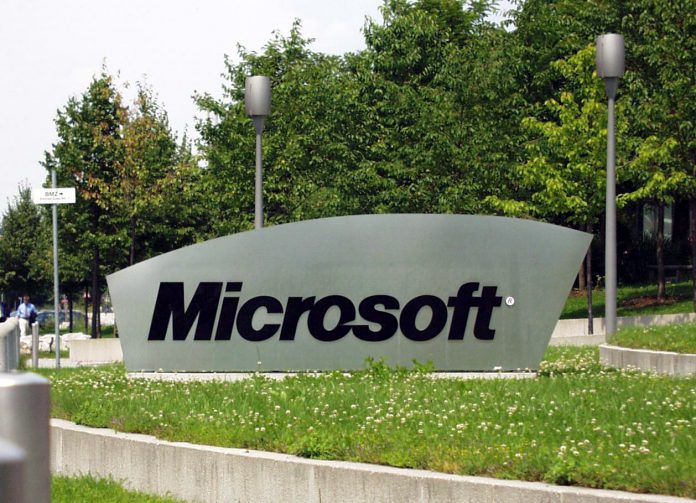Microsoft has found itself involved in a controversy in India. The Central Bureau of Investigation in India has asked all social networks to scan user images with Microsoft's PhotoDNA. Furthermore, the CBI wants networks to search for specific images for investigative purposes, which was not what the tool was designed for.
It is worth noting that this does not seem to be CBI working in partnership with Microsoft. It seems the company has no involvement in the Bureau's request. Also, no money is going to Microsoft as PhotoDNA is a free tool.
If you are unfamiliar with PhotoDNA, it is a fingerprint tool that allows online services to avoid images of child abuse. This is achieved by pre-screening uploaded content.
To find images of abuse, PhotoDNA generated a digital signature called a hash for each image. The hashes can be compared against other images to find copies of the same photo. Once an illegal image is found, it is placed in a database so that image cannot be spread.
The controversy in India arose because CBI is asking social networks to use PhotoDNA to find images that are not abuse-related.
“For the purpose of investigation, you are requested to conduct PhotoDNA in respect of photographs CBI asks social media firms to use intrusive photo tech to track suspects enclosed herewith. The said information is required very urgently for the purpose of investigation.”
Rights
Some groups have protested the request, stating it is not the intended purpose of Microsoft's technology:
“If any police or investigative agency is using PhotoDNA for a general crime investigation, it is a massive breach of the intended purpose of this technology, which is only for checking child sex abuse cases. This is the slippery slope of surveillance and censorship,” said Apar Gupta, executive director, Internet Freedom Foundation.
Users are concerned simply broadly searching all their images is an abuse of their privacy. Considering some of the biggest tech companies in the world are involved it will be interesting to see how this develops.
It is unlikely the likes of Facebook and Twitter will comply with this request. Then there is Microsoft, we are awaiting an official response as to the company's view on PhotoDNA being manipulated.






